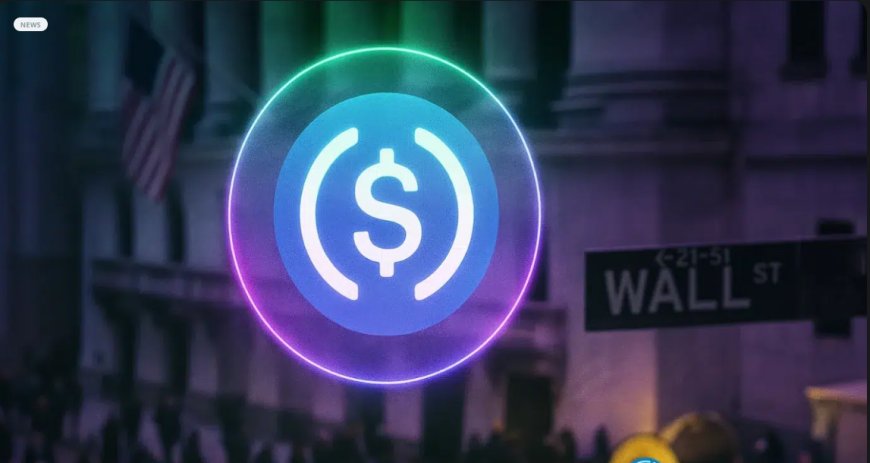Bluprynt completes first KYI verification of a global stablecoin with USDC
Bluprynt has successfully conducted the first Know Your Investor (KYI) verification for a global stablecoin, USDC — a key step toward institutional trust and compliance in digital assets.

Bluprynt, an embedded compliance and blockchain infrastructure solutions platform, has completed a know your issuer verification of USDC, the first such milestone with a global stablecoin.
Bluprynt announced on Aug. 29 that it successfully conducted a Know Your Issuer verification for USDC ![]() usdc0%USDC, the stablecoin issued by Circle. It’s a major step in the move to establish a KYI benchmark, with authenticity and compliance transparency key to the global adoption of digital assets across finance.
usdc0%USDC, the stablecoin issued by Circle. It’s a major step in the move to establish a KYI benchmark, with authenticity and compliance transparency key to the global adoption of digital assets across finance.
The U.S.-based platform, whose compliance solutions are powered by artificial intelligence, achieves KYI verification by “cryptographically binding Circle’s verified identity and mint authority directly to USDC tokens at the point of issuance.”
Verification ensures investors, custodians and financial institutions can instantly authenticate the USDC stablecoin’s provenance.
Crypto and stablecoin regulation
With regulators, including the Office of the Comptroller of the Currency, Federal Deposit Insurance Corporation and U.S. Securities and Exchange Commission increasing their regulatory oversight as they demand for stronger provenance, Blueprint’s significant milestone is even more notable.
According to Bluprynt chief executive officer Chris Brummer, USDC is not just a stablecoin ready for the regulation under the OCC, FDIC and SEC, but also an asset set against future compliance challenges.
USDC, pegged to the U.S. dollar, is the world’s second largest stablecoin by market capitalization behind Tether ![]() usdt-0.01%Tether.
usdt-0.01%Tether.
Circle’s stablecoin boasts a market cap of over $70 billion while USDT stands at around $167 billion, and the two companies account for nearly two thirds of revenue across crypto.
As stablecoins hit the global adoption stage, compliance has become a key requirement. This trend has seen Circle take a proactive approach towards meeting required guidelines, including as laid out in stablecoin frameworks such as the European Union’s MiCA and the GENIUS Act in the U.S.




























